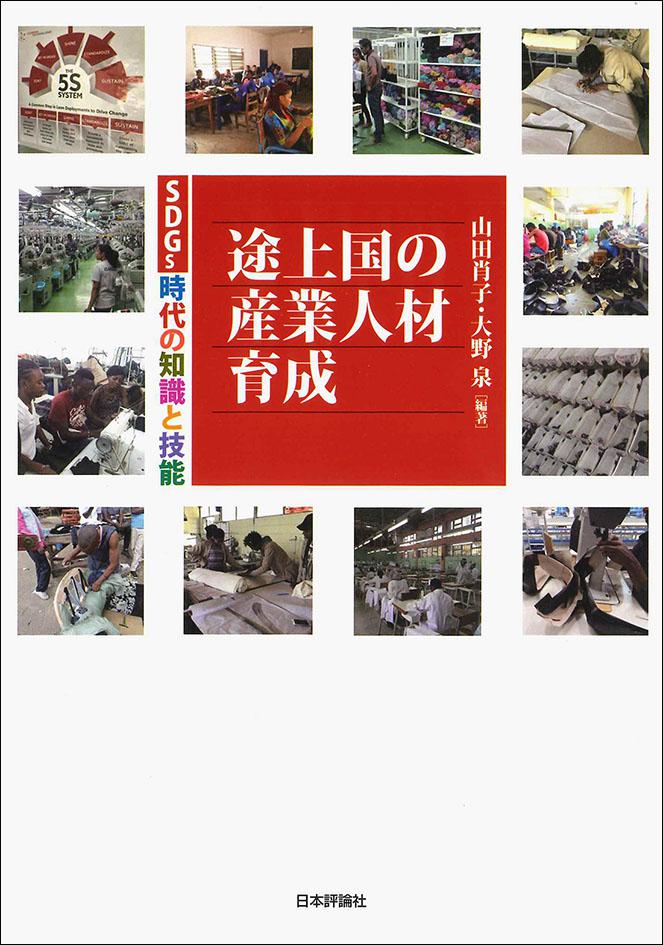
[Activity Report] The roundtable, Industrial Human Resources, Productivity, and KAIZEN in Developing Countries: Commemorating the book “Industrial Human Resource Development in Developing countries”2021.06.25 Yujiro Yamazaki East Asia
At the 22nd Spring Conference of the Japan Society of International Development held on June 12, The roundtable (RT), Industrial Human Resources, Productivity, and KAIZEN in Developing Countries: Commemorating the book “Industrial Human Resource Development in Developing countries” was held. In this RT, based on the contents of this book published in February 2021, the participants exchanged opinions on the current situation and prospects of industrial human resource development in developing countries.
First, the moderator, Professor Izumi Ohno (GRIPS), introduced the book and explained the primary purpose of this RT, based on why industrial human resource development in developing countries is essential now. Next, Professor Motoki Takahashi (Kyoto University), Associate Professor Christian Otchia (Nagoya University), and Researcher Atsushi Tsujimoto (JICA Ogata Research Institute) reported on the adaptation of Kaizen to developing countries, human resource development and career paths in Ethiopia, and the current status and issues of development cooperation in the field of industrial human resource development in Japan.
Then, Associate Professor Go Shimada (Meiji University), Researcher Kimiaki Jin (JICA Ogata Research Institute), and Professor Shoko Yamada (Nagoya University) discussed the issues presented by the participants. During the discussion, they recounted the historical background of the birth of Japanese-style Kaizen, reaffirmed the philosophy of kaizen, and summarized its applicability to developing countries and various issues. It was also pointed out that when considering the development of industrial human resources in developing countries, including kaizen, it is necessary to consider both deductive thinking, in which the goal and the type to be achieved are the priority, and inductive thinking, which is based on the situation and individual particularities.
Finally, Professor Izumi Ohno closed the RT by reaffirming the importance of incorporating multiple perspectives to deepen discussions on industrial human resource development in developing countries through these exchanges of opinions.


